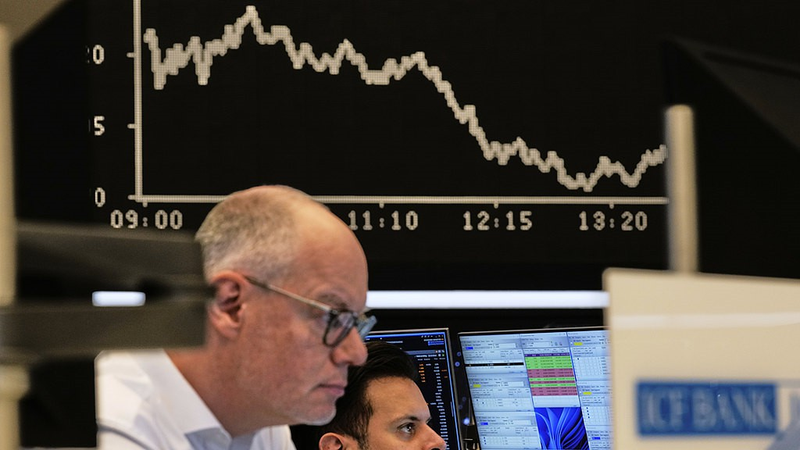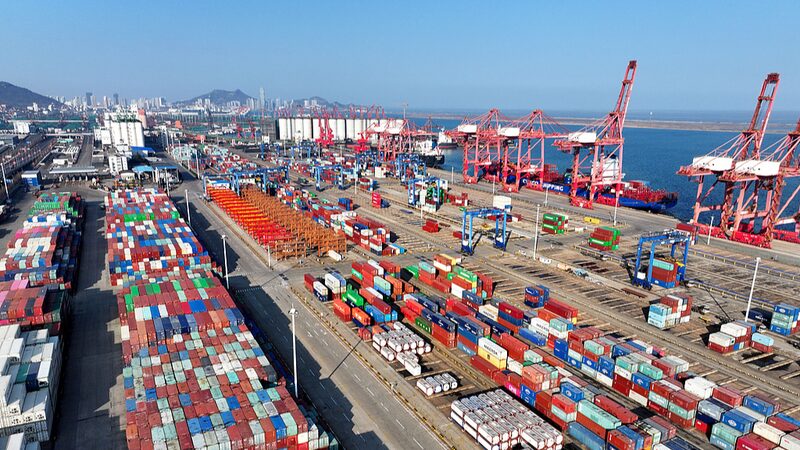Major stock indices across the U.S., Asia, and Europe closed lower this week amid mounting concerns over escalating trade policies. The S&P 500 and Nasdaq Composite recorded their weakest quarterly performance since 2021, with analysts attributing the decline to uncertainties surrounding Donald Trump's planned retaliatory tariffs set to take effect April 2.
Market watchers note the downturn reflects broader anxieties about protectionist measures disrupting global supply chains, particularly in technology and manufacturing sectors with significant Asian exposure. Regional indexes in Japan, South Korea, and Germany mirrored the trend, suggesting interconnected vulnerabilities in today's financial ecosystems.
While investors await concrete details about the tariff implementation, economists warn of potential ripple effects on Asian export-driven economies. The Taiwan region's tech-heavy benchmark fell 1.8%, while Hong Kong's Hang Seng Index dipped to a two-month low. Commodity markets also showed volatility as copper and crude oil prices fluctuated sharply.
The developments come as business leaders across Asia call for clearer trade frameworks. "This isn't just about tariffs," said Singapore-based analyst Mei Lin Tan. "It's about how geopolitical decisions in Washington shape capital flows between East and West." Financial institutions are advising clients to diversify portfolios ahead of expected mid-year market turbulence.
Reference(s):
cgtn.com








